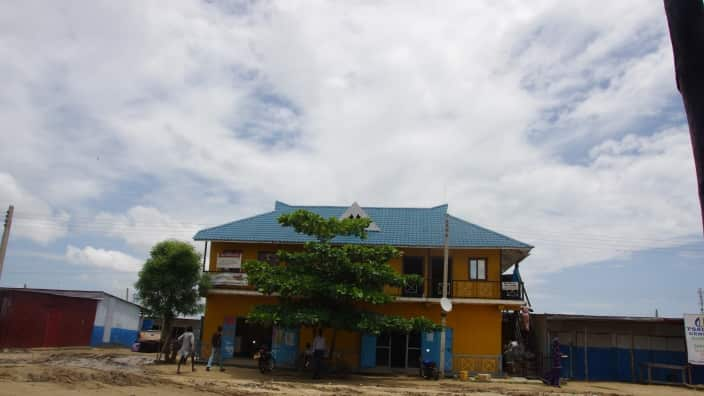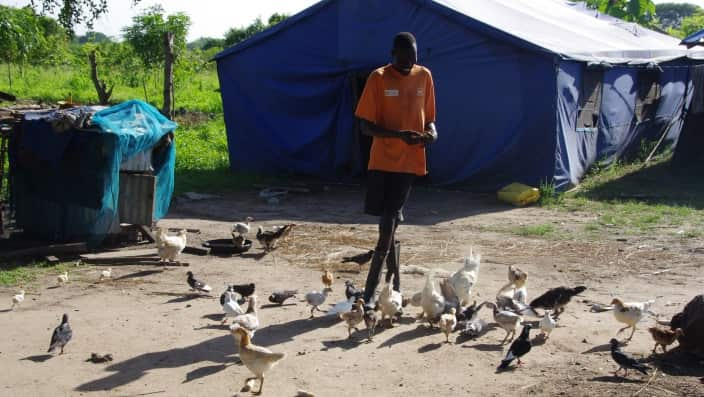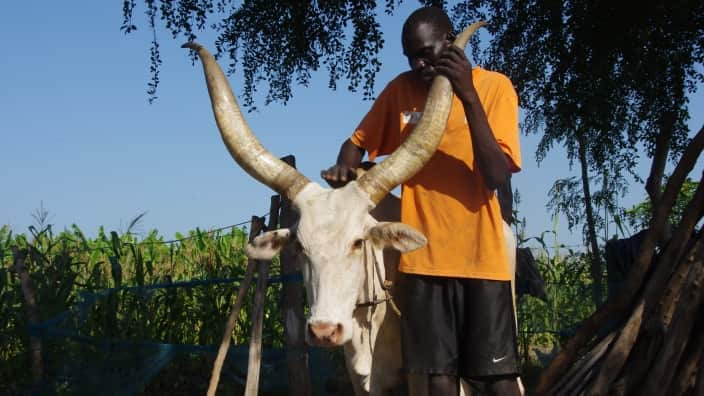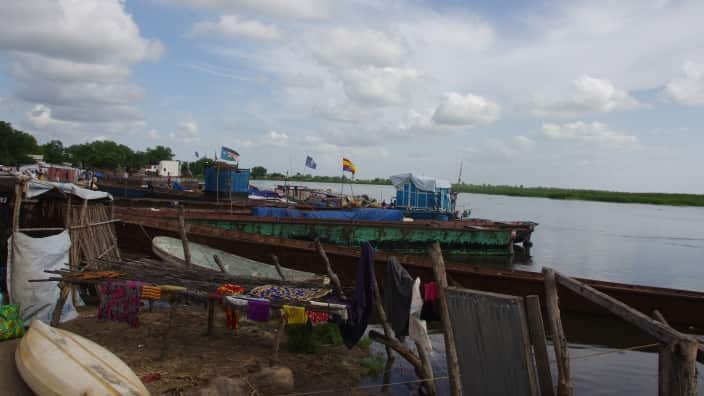Juba, the capital of South Sudan, and Bortown of Jonglei State are distinctive. The former is engulfed by fear of government agencies and the later more restless, but with a sense of community. You can walk at night in Bortown, whereas, in Juba, second thought is a wise decision. Bortown is a promising place with potentials to be a most liveable city in South Sudan. That is, if development is given a chance.

Modernisation is a threat for people of Jonglei State and among masses of South Sudanese. The semi-nomadic Jiëëng tradition is at intersection. Modernity is not well equipped to transition South Sudanese to a self-sustaining communities.
Resilience among South Sudanese is enticing. Chol Mayol Jok is a Tuony Geu farmer, at outskate of Bortown.
Mr Jok had cattle, birds, and a crops farm. He is literally a pride of Bortown. The man is loved by his chickens and doves. This is Chol Mayol feeding his birds.

The beauty of Jiëëng culture will have to be a sense of humour. It is a common practise among Jiëëng to name Dogs and cattle. These are the two domestic animals Jiëëng people give name to. Cattle names are humbling whereas dogs’ names are quirky and jaw-dropping.
Cattle are prestigious and normally pampered with humbling names of shared wisdom, reflective of life style.
Earing farmers call their cattle is humbling:
Paanadhëng (Home-of-the-humbles)
Gëlbuur (Preventing-poverty)

Not all cattle names are humbling. It is tempting for an owner to have a go at others by giving their cattle name such as Nyinrier, (Shameless as an encoded meaning. Or, could literally translate to fearlessness).
Dog names are insightful. They range from self-pity to shaming others.
Here are the few:
- ŋa-cie-bɛny (who-is-not-a-leader)
- Cïn-tiɛl-wut (Hatred-had-no-community)
- Ŋa-dhɛ̈l-nhialic (who-is-looking-down-on-Good)
- Cië-tiɛl-gut (Hatred-end)
Goods, sheep, and chicken don’t carry names but remain domestic.
You just can’t be in Bortown and not visit Wath-Nyok-Agany (Bortown harbour). Across the Nile River is a beautiful scenic view beaded by wild papyrus plants.
A fish market supported by UN agencies is at Wath-Nyɔk-Agany. Historically this was a place where convicts are hanged. Waath-Nyok-Agany is currently a harbour, fish market and butchery.

Bortown is a wonderful place, not yet developed (a city of dirt roads), but with a lot of culture. It is simply a wonderful place to capture with pride and peace at heart even at difficult times.

